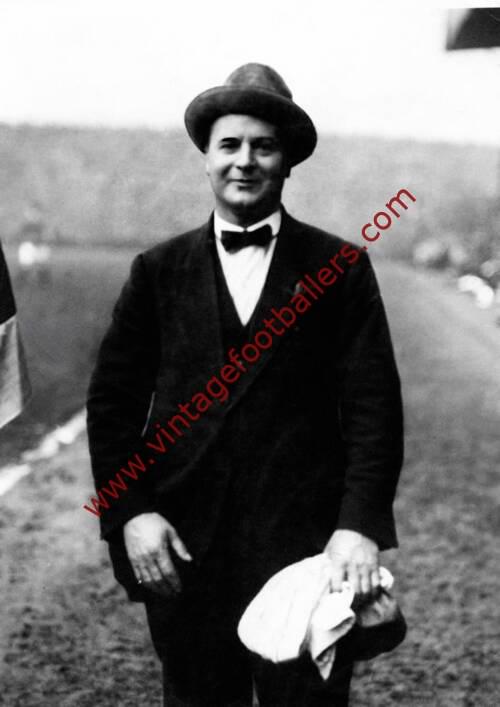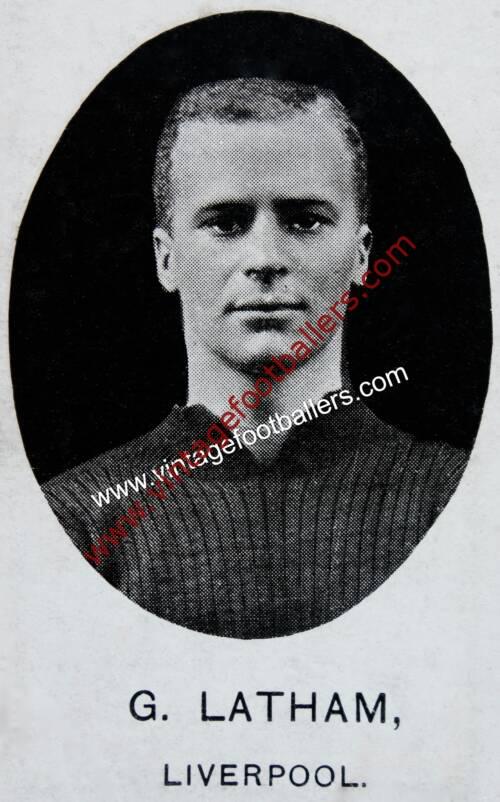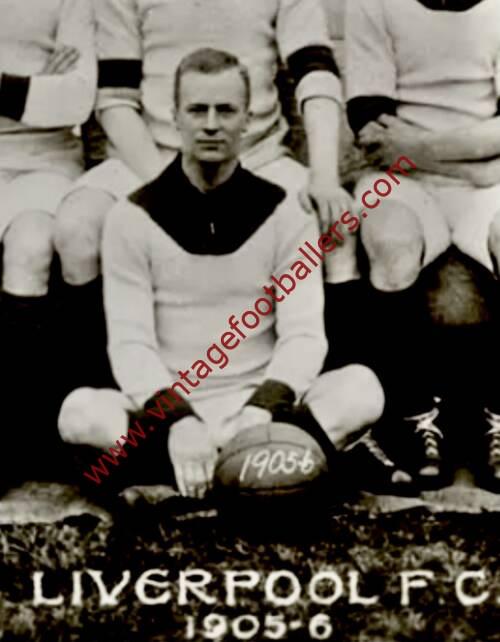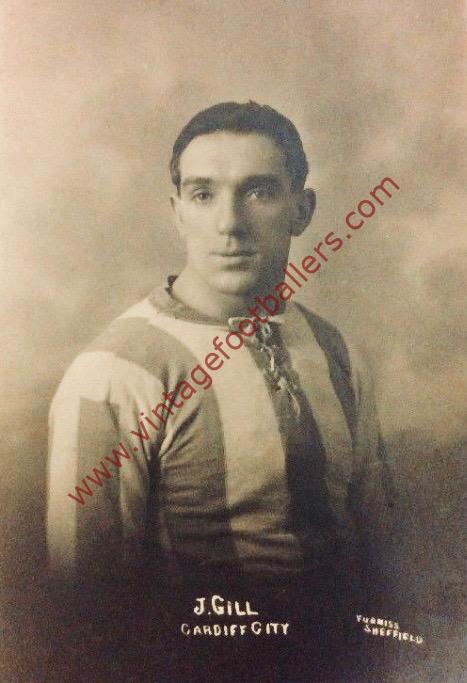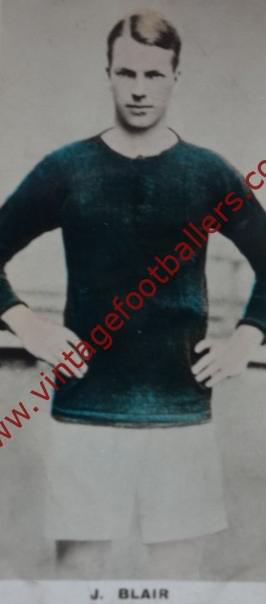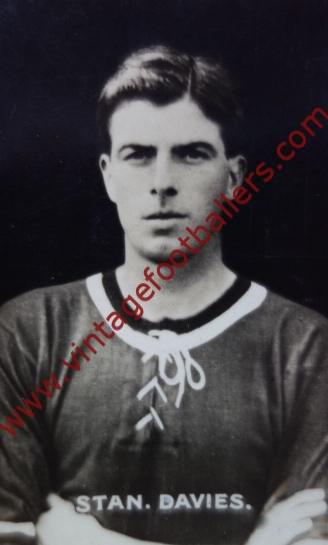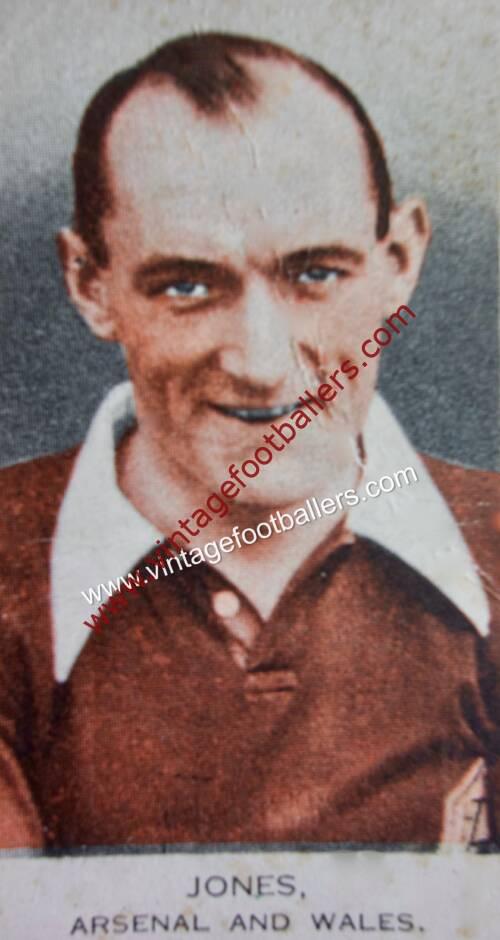Please choose your photo size from the drop down menu below.
If you wish your photo to be framed please select Yes.
Note: 16″x 20″not available in a frame.
Images can also be added to accessories. To order please follow these links
£8.95 – £49.95
Please choose your photo size from the drop down menu below.
If you wish your photo to be framed please select Yes.
Note: 16″x 20″not available in a frame.
Images can also be added to accessories. To order please follow these links
Newtown, Powys born half back George Latham began his career as a teenager at his hometown club Newtown in 1897 and spent several years at the club. reaching the fourth round of the Welsh Cup during his first season before suffering defeat to Aberystwyth Town. In 1900, Latham volunteered to serve in South Africa during the Second Boer War as a private in the Fifth South Wales Borderers Regiment. He served 14 months in the division, taking part in action in Brandfort and Potchefstroom among others, in a force led by Earl Roberts, and was eventually promoted to the rank of corporal. During his time serving in South Africa, he played for a team named The Docks between the months of May and August, the winter league at the time in the country, finishing as runners-up in the league. He also played in a number of representative matches in the area, including an England vs Scotland match, appearing on the English side, and a Britain vs Colonials match.
Latham returned to his first club Newtown for a short spell in 1902. His form at the time saw him offered a trial with Everton, during which time he was set to be named in a friendly match against West Bromwich Albion but the game was called off due to heavy snowfall in the area. Another friendly match was planned a fortnight later but by then Latham had decided to return to South Africa and he left the country on 22nd March 1902. He spent his time there playing for Caledonians, again finishing as runner up in the league and losing the final of The Mayor’s Cup to his former side The Docks.
On his return to Britain, he joined Liverpool as an amateur in December 1902, turning professional the following year, but he was forced to wait nearly three years before he made his Football League debut for the club in an 8-1 victory over Burslem Port Vale on 8th April 1905. The club programme assessed the half-back’s first-team chances in its issue on 8th April 1905 prior to his debut. “Latham is an untiring worker on the field, and his ceaseless energy more than compensates of any deficiency in point of ability. In feeding his forwards he has shown considerable improvement recently, and with experience he should quickly remedy these failings, which at present keep him from being regarded as a League player of the first water.” He struggled to fully established himself in the team, making just 19 appearances in all competitions for Liverpool during a seven year spell at the club, six of which came in their 1905-06 campaign that saw Liverpool win the League Championship.
During his career, Latham won 10 caps for Wales, making his international debut in a 3-1 win over Scotland at The Racecourse Ground, Wrexham on 6th March 1905. He was selected for the game after his Liverpool teammate Maurice Parry was recalled by the club to play in a League fixture against Bradford City, allowing Latham to step in. Nine of his ten caps came during his playing career, however his tenth and final cap came when he was forced into action playing at right half in a 1-0 win over Ireland in Belfast on 18th January 1913 while serving as a trainer for the national team.
After leaving Anfield in 1909, Latham joined Southport Central, becoming the first player to win an international cap at the club. He then joined Stoke in 1910 and played eight times for the club during the 1910-11 season as they won the Birmingham & District League Championship.
In the First World War Latham, who had previously served in the Second Boer War, was commissioned into the 7th battalion of the Royal Welsh Fusiliers and promoted to Lieutenant in 1916. He spent several months training with his regiment at Park Hall Camp near Oswestry before being deployed in June 1916. He was awarded the Military Cross in 1917 and was reportedly originally recommended for the Victoria Cross, the highest military honour for British forces, for his gallantry in capturing enemy positions on the Turkish front while under heavy fire, taking soldiers from Austria, Germany and Turkey as prisoners. He added a Bar in 1918 for his actions fighting in Beersheba, in Israel under the command of Edmund Allenby. He was also Mentioned in Dispatches by General Archibald Murray, commander of the Egyptian Expeditionary Force at the time. He later traveled with his regiment to fight in Palestine.
It was during his service in the First World War that Latham first met his longtime friend Harry Beadles. During their time in Palestine, Latham and Beadles played football for their division, the 7th battalion of the Royal Welsh Fusiliers, and won the British Forces in Egypt Football League Cup Final in 1919.
After returning to Wales, Latham took up a position as a trainer at Cardiff City. While serving as a coach Latham was forced into playing for the side in a 3-1 win over Blackburn Rovers on 2nd January 1921 after two of the clubs players were taken ill prior to the match, becoming the oldest debutant in the history of the club at 41. To this day he also remains their oldest ever player. Working alongside Fred Stewart, his spell at Ninian Park coincided with one of the most successful spells in the history of the club, including reaching the FA Cup Final on two occasions, losing 1-0 to Sheffield United in 1925 before famously beating Arsenal 1-0 in 1927. He was let go by the club in 1932 due to financial reasons as they entered a period of decline. He also managed the British team at the 1924 Olympic Games. After leaving Cardiff, Latham worked as a coach at Chester City until his retirement due to a motorbike accident. His home town club, Newtown later named their ground Latham Park in his honour.
| Weight | N/A |
|---|
